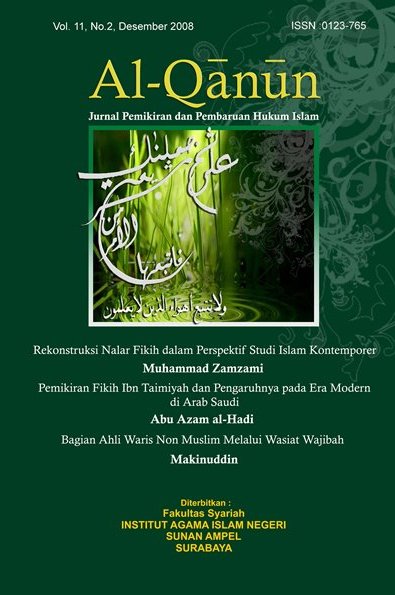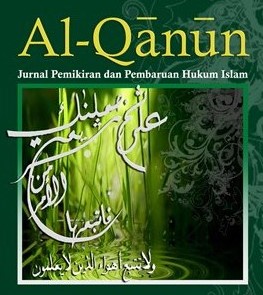Anak Zina dalam Pandangan Hukum Islam
DOI:
https://doi.org/10.15642/alqanun.2008.11.2%20Des.480-499Keywords:
pezina, hamil, anak zina, hukum IslamAbstract
Adultery or fornication is a major sin Islam. Even though the doer is subject to heavy punishment, consented sex without marriage in form of prostitution and sex affairs remain at large. Islamic criminal law warn those who commit this sin with a hundred lashes if the doer is unmarried person, and with stoning to death if he or she is a married person as well as the denial of biological bond between the father and the born child. Nonetheless, even though during the time when the prophet was still alive, adultery was still evident as it is reported from some Prophetic Tradition about the case of Maiz and Ghamidiyya.
Nowadays, with the presence of quarters for prostitution in big cities or small town, adultery seems to gain legal status in Indonesia. Such a decision has benefits, but its negative aspects are also several. There are more visits to the prostitution areas, more pregnancy, illegitimate and then deserted children which in turn create new social problems.
The statistics from Directorate General for Social Service and Rehabilitation at the Ministry of Social Welfare shows that there are 3.488.309 deserted children, 1.178.824 infants, and 10.322.674 of those potentially to be deserted. Many of those children are resulted from adultery. Admittedly, Islam do not recognize hereditary sin, yet illegitimate children, especially of adultery, have to swallow social stigmatization from the time they are born, in school, in workplace, and in their marriage. This article describes adultery in Islamic law and its punishment. In addition, it also explains family lineage of children resulted from adultery, their guardianship, their inheritance, and their adoption.





